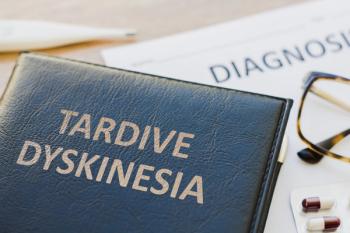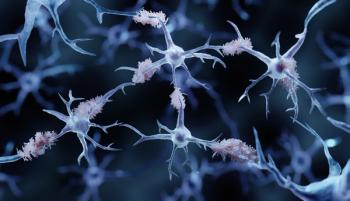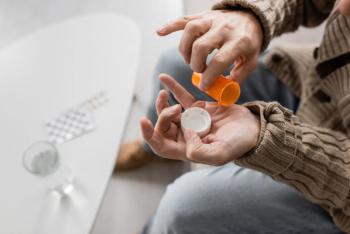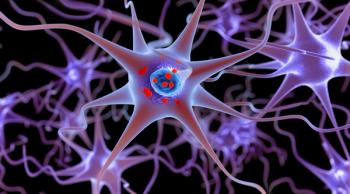
VMAT2 inhibitors can improve movement symptoms.

VMAT2 inhibitors can improve movement symptoms.

Integrating specialty pharmacists into neurology teams enhances patient care, medication management, and clinical outcomes for chronic conditions.

The future holds the promise of earlier diagnosis, more targeted therapies, and personalized neurological care, said speaker William D. Freeman, MD, FAAN.

Exidavnemab is a novel monoclonal antibody with disease-modifying potential.

The approval marks the first subcutaneous infusion device approved for the treatment of Parkinson disease, providing a new option for patients with serious disease who are unresponsive to other therapies.

Biotin supplementation could mitigate manganese-induced damage caused by manganese deficiency and excessive exposure.

Researchers recommend early vaccination against herpes zoster to mitigate the risks.

This approval makes foscarbidopa/foslevodopa the first and only subcutaneous 24-hour infusion of levodopa-based therapy for adults with Parkinson disease.

Results are promising, particularly because they represent the second clinical trial of a GLP-1 receptor agonist showing potential benefits for PD motor symptoms

Individuals with Parkinson disease reported a decrease in bacterial genes for biosynthesis of riboflavin (vitamin B2) and biotin (vitamin B7).

Significant commonalities between type 2 diabetes and neurodegenerative disorders suggest that treatments effective for one condition may benefit the other.

Carbidopa and levodopa extended-release capsules are a novel, oral formulation that combine immediate-release granules and extended-release pellets.

Understanding differences in the various levodopa formulations and assisting with medication therapy management is a crucial role for pharmacists.

Monitoring metal ion concentrations and chelation therapy is hypothesized to alleviate symptoms and diseases caused by neuroinflammation.

Hospital pharmacists can play an important role in advocating for, designing, and implementing various policies to optimize care.

More studies are needed to show conclusive benefits on patient functionality.